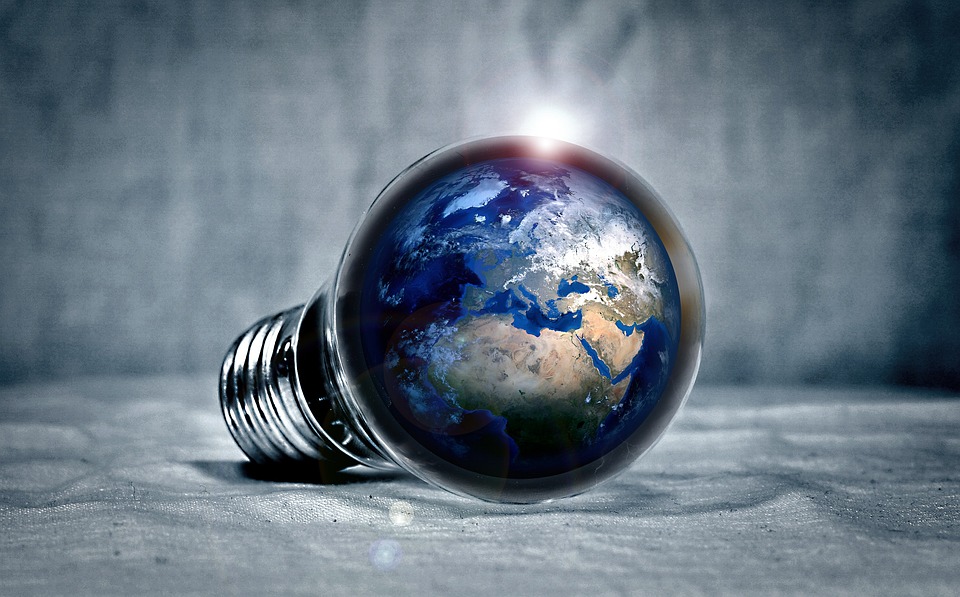Introduction
The debate on shale gas vs. fracking has become one of the most pressing issues in the energy policy landscape. As the world continues to grapple with the challenges of climate change, energy security, and economic growth, the debate has taken center stage, with proponents and opponents of shale gas and fracking holding strong positions.
This article aims to provide an in-depth examination of the shale gas vs. fracking debate, highlighting the key arguments and concerns surrounding this complex issue. We will explore the potential benefits and drawbacks of shale gas and fracking, examining the environmental, economic, and social implications of these technologies.
The Case for Shale Gas and Fracking
Energy Security and Economic Growth
Proponents of shale gas and fracking argue that these technologies offer a game-changer for energy security and economic growth. Shale gas, in particular, has been hailed as a “bridge fuel” that can help reduce greenhouse gas emissions by providing a cleaner-burning alternative to coal and other fossil fuels. Fracking, meanwhile, has been touted as a means of unlocking vast reserves of oil and gas, creating jobs, and stimulating local economies.
Increased Energy Independence
The shale revolution has led to a significant increase in US energy production, making the country less reliant on imported oil and gas. This increased energy independence has also led to a decrease in energy prices, benefiting consumers and businesses alike.
Job Creation and Local Economic Benefits
Fracking has created thousands of jobs in the oil and gas industry, from drilling and extraction to transportation and manufacturing. These jobs have contributed to local economic growth, as communities have seen increased revenue from property taxes and royalties.
The Case Against Shale Gas and Fracking
Environmental Concerns
Opponents of shale gas and fracking argue that these technologies pose significant environmental risks, including:
- Groundwater contamination
- Air pollution
- Increased seismic activity
- Waste disposal and management issues
Health Concerns
Residents living near fracking sites have reported health problems, including respiratory issues, headaches, and increased risk of cancer. Concerns have also been raised about the potential for fracking-related chemicals to contaminate drinking water sources.
Climate Change and Emissions
While shale gas is often touted as a cleaner-burning alternative to coal, it still releases methane and other greenhouse gases during extraction, processing, and transportation. Critics argue that the environmental benefits of shale gas are outweighed by the climate change risks associated with its production and consumption.
Conclusion
The debate on shale gas vs. fracking is complex and multifaceted, with valid concerns on both sides. As the world continues to navigate the challenges of energy policy, it is essential to weigh the potential benefits of shale gas and fracking against the potential risks and costs. Ultimately, a balanced approach that prioritizes environmental and social responsibility alongside economic growth is necessary to ensure a sustainable energy future.
FAQs
Q: What is shale gas?
A: Shale gas is a type of natural gas that is extracted from shale rock formations using hydraulic fracturing (fracking).
Q: Is fracking safe?
A: Fracking is a complex and controversial process, with both proponents and opponents citing potential risks and benefits. The scientific consensus is that, when done properly, fracking can be safe, but there are still concerns about groundwater contamination, air pollution, and other environmental risks.
Q: Can shale gas help combat climate change?
A: Shale gas is often touted as a cleaner-burning alternative to coal, but it still releases methane and other greenhouse gases during production and consumption. While shale gas may offer some short-term benefits, it is not a long-term solution to climate change.
Q: What is the current state of the shale gas and fracking debate?
A: The debate is ongoing, with proponents and opponents holding strong positions. The US has seen significant growth in shale gas production, while countries like Canada and Australia have also become major players in the shale gas market. However, concerns about environmental and health impacts continue to drive calls for increased regulation and stricter safety standards.
Q: What is the future of shale gas and fracking?
A: The future of shale gas and fracking is uncertain, with predictions ranging from continued growth to declining production and increased regulation. As the world transitions to cleaner energy sources and reduces its reliance on fossil fuels, the role of shale gas and fracking is likely to evolve and become less prominent.


.png?w=150&resize=150,150&ssl=1)



_2.png?w=150&resize=150,150&ssl=1)
_1.png?w=150&resize=150,150&ssl=1)